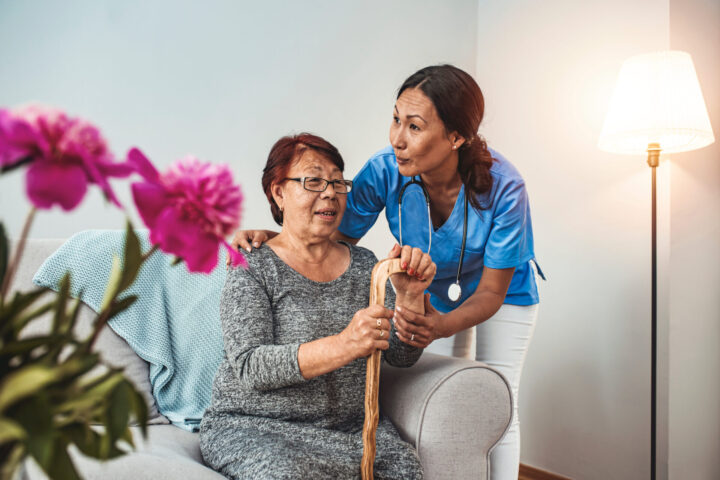Research from University of Portsmouth found that menstrual health is not given enough attention in the workplace, and it has a clear impact on wellbeing, attendance and productivity.
The study, published in Equality, Diversity and Inclusion, looked at how severe menstrual symptoms affect women at work, noting a lack of research in this area.
It called for more inclusive policies to support employees.
Researchers said periods are still seen as a taboo topic in the workplace and at school, often only mentioned as “feminine hygiene” which makes it hard to talk about openly.
The study found that 25% of women experience severe symptoms like cramps, breast tenderness, headaches, fatigue and back pain.
More serious issues included heavy bleeding, painful periods, anaemia, irregular cycles, fibroids and endometriosis.
A survey of over 42,000 women aged 15 to 45 showed that 38% had symptoms strong enough to affect daily activities, including work.
The team identified three main areas: the effect on workplace wellbeing and quality of life, the link between symptoms and absence or presenteeism, and how organisations handle menstrual health.
Karen Johnston from the School of Organisations, Systems and People, said: “Menstrual health remains a largely neglected area of research.
“The majority of existing studies in medical journals focus on clinical aspects, highlighting the need to use menopause research to support the argument for menstruation.
“Although other topics have received increased attention in the UK, menstrual health continues to be underexplored.”
Additionally, the study found that supported employees are more productive, take fewer sick days, stay in their jobs longer and get more involved.
Only 18% of organisations included menstrual health in wellbeing schemes, and just 12% provided dedicated support.
Amtullah Oluwakanyinsola Adegoke, lead author, said: “We need to recognise that women and girls menstruate – it’s a natural part of life.
“As members of society, their needs should be acknowledged as part of the life cycle.
“While menopause awareness has grown, menstrual health and endometriosis are still not widely understood.”
The study noted that more inclusive workplaces could be created with supportive steps like menstrual leave, flexible working and access to hygiene products.
According to the research, more work is needed to find out which organisational practices support women with severe symptoms.
Johnston added: “It shouldn’t be a taboo topic – it should be part of an organisation’s health and wellbeing agenda.
“Alongside training, organisations should explore flexible working and ways to support employees experiencing severe menstrual problems.”

















